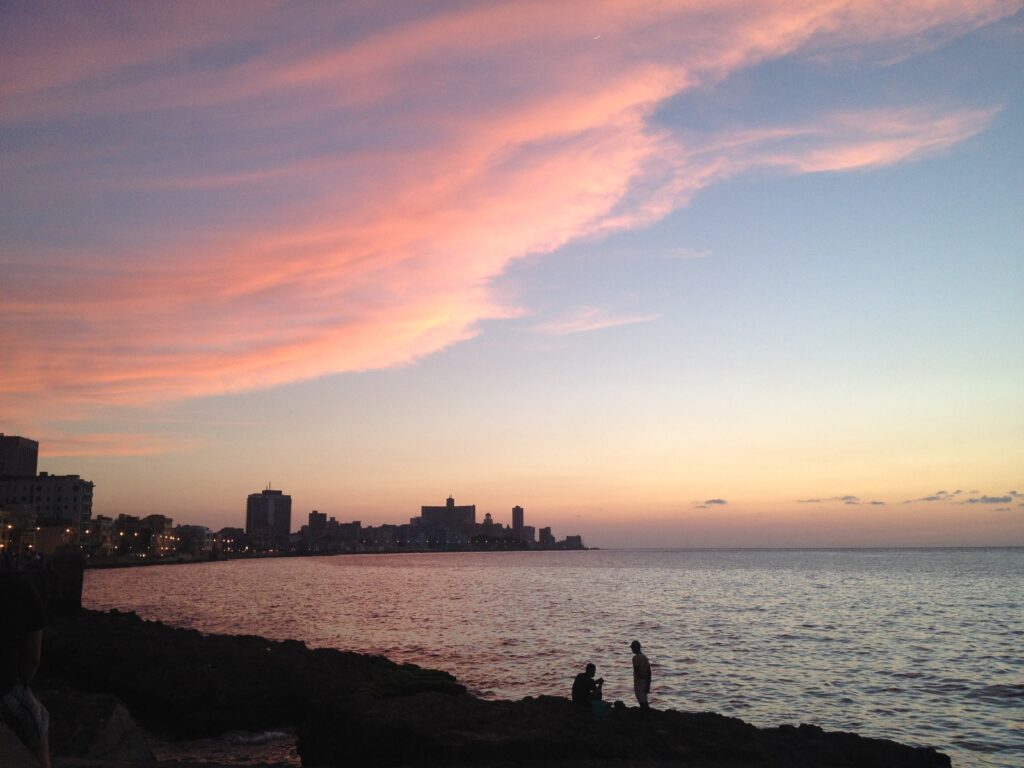Introduction
I used to want to be a doctor. It was around the time when General Castro was shouting, “Doctors for Cuba!”
My father, who looked a bit like Che Guevara, seemed satisfied with my thought.
However, during my first year of high school, Sasebo became a battlefield and the sensitive 15-year-old went crazy.
(Struggle against The U.S. Battleship Enterprise entering the port in Sasebo). Someone once said that the way to learn about the world is to participate in revolutions, but since then it has become a mess in proportion to the turmoil of the times.
And when I suddenly realized, in the world that had become quiet, there were people who had no sense of pain and were grinning from high places.
I’ve always thought, ” I’ll show you one day! “It hasn’t changed even now. These are tough and troublesome times, but we have to get by somehow.
Ever since I shattered my dream of becoming a doctor in Cuba, I have been repeating unnecessary filial piety. I hope this award will be a small present to my father and mother, who will be celebrating their fiftieth wedding anniversary this year.
“Gunzo June issue, 1976 ”
In 1976, 24-year-old Ryu Murakami’s name first appeared in public when he won the Gunzo Prize for New Writers for his novel “Almost Transparent Blue”. These are his words when he received the award.
After reading this, please refrain from assuming that Ryu Murakami is a communist. Japanese people may not understand, but Fidel Castro and Che Guevara are very sensitive topics in Cuba.
After Japan lost the war in 1945, along with the American occupation, new values, new education, and a new constitution, the burned-out ruins became new cities. When I was born, most people in Japan were living the values that America had given us.
I was born in 1969 and grew up admiring American music, American movies, and the American lifestyle. When I was in junior high school, I saw The Glenn Miller Story and fell in love with American music from the 1940s, so I moved to the United States (New York) at the age of 20 and began studying American standard pop music, which I loved.
A few years later, my musical theme was World War II, and in the last year of the millennium, I undertook a project to give CDs to nursing homes across the United States (I Have a Dream… Seina). A “girl” who was born and raised in Japan, an enemy country that fought in the war. I sang popular songs from the era that included even Americans who lived during World War II and an American musician who lived during that era. I made it with them and added the message, “Your songs are still alive.” It was also a challenge of mine that music could reach the heart beyond sadness and hatred. (Letters from nursing homes)
I connected with Ryu Murakami the following year after this project. (Words from Ryu Murakami )
My introduction to Cuba was in 2013 when I met Cuban exile musician Danny Rojo at a restaurant in East Harlem, New York. A year later, I met Danny’s family and friends to give him the Cupie Danny I had created. Through the people living in Cuba and Danny’s friends living in the United States, we got a glimpse of the ideological differences among Cubans.
There are many things I want to write about, but if it gets too long, I won’t be able to convey the points I want to convey.
Ryu Murakami, who was born and raised in Sasebo, Nagasaki prefecture. It is a town with a U.S. naval base, he often wrote the word “barbed wire” in his essays before Cuba. It was what separated the victorious country (US military bases) from the defeated country (Japan) since he was a child. This is said to be Ryu Murakami’s “original landscape”.
As a successful novelist in Japan, he was able to focus his efforts on Cuban music during the very difficult times following the collapse of the Soviet Union, perhaps he was able to fulfill his childhood dream in a different way.
I believe that this happened precisely because of Ryu Murakami’s encounter with the simple-minded and blunt genius musician José Luis Cortés (Tosco)..
Then, in his 1995 work “KYOKO,” the “barbed wire” in his mind disappears.
I hope that this project will provide an opportunity to understand Ryu Murakami from a different angle.
I feel that we “feel” “music” with our bodies, cells, and hearts, and rather than transcending ideology, we “slip through” it.
Even if we have different ideologies, if we both genuinely love music, great music will be created. Such music goes beyond sadness and hatred, it slips through them. I strongly believe so.
That’s why I can’t help but love music.
Shoko “Seina” Shiraishi
